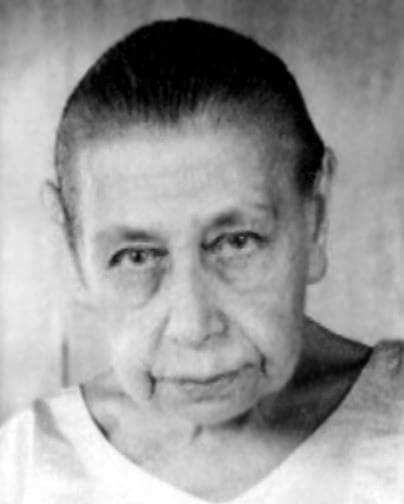Physical needs of the body

The sincere call for the Divine
07/01/2019
Allow the consciousness to develop and widen
07/03/2019People always have the impression that what they call the needs of the body, what the body demands, is an absolute law; that if it is not obeyed, well, one commits a great wrong against one’s body which will suffer the consequences. And Sri Aurobindo says that these needs in themselves are either very partial lights, that is to say, only a way of seeing things, or even no lights at all — completely false. If one were to study the problem attentively enough, one would find out to what an extent these so-called needs of the body depend on the mental attitude.
For example, the need to eat. There are people who literally die of hunger if they have not eaten for eight days. There are others who do it deliberately and observe fasting as a principle of yoga, as a necessity in yoga. And for them, at the end of eight days’ fasting, the body is as healthy as when they started, and sometimes healthier! Finally, for all these things, it is a question of proportion, of measure. It is obvious that one can’t always live without eating. But it is as obvious that the idea people have about the need to eat is not true. Indeed, it is a whole subject for study: The importance of the mental attitude in relation to the body.
Sri Aurobindo does not recognise the needs of the body as things true in themselves. He says: it is not true, it is only an idea you have, an impression, it is not something true which carries its truth in itself.
Ref: Questions and Answers 1956




